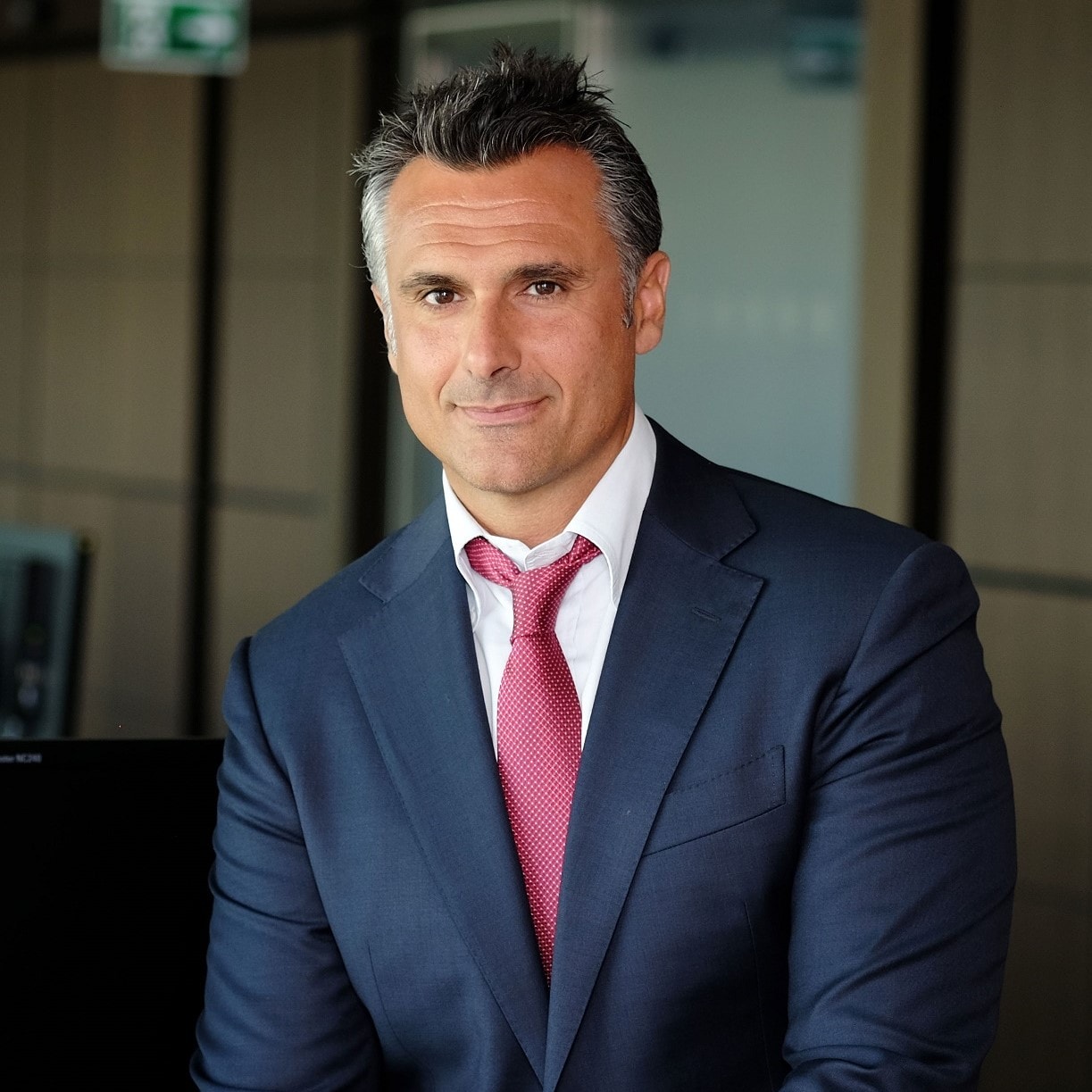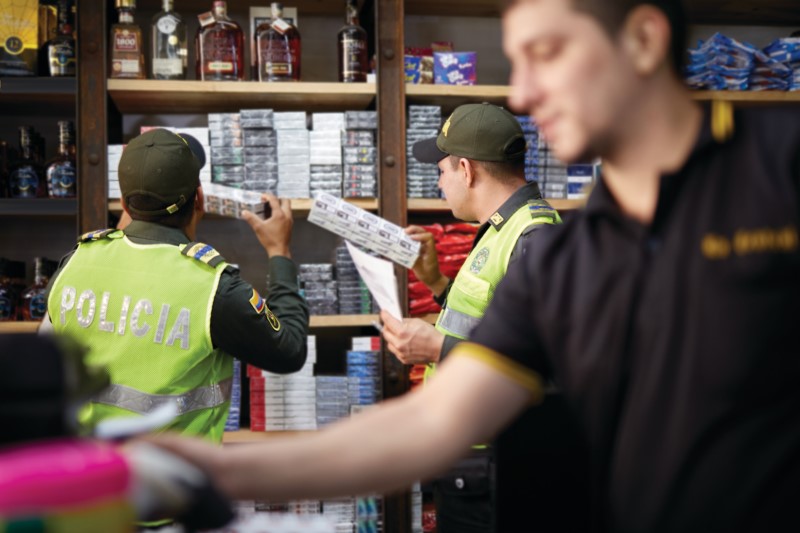
In Focus: The battle against illicit trade in Poland is gaining momentum
18 apr 2018

Poland has been at the epicenter of illicit trade in Europe for many years. Illegal production and export of cigarettes have been especially prominent in the country. Between 2005 and 2017, Poland had nearly 10 times more factories raided for alleged production of illicit tobacco products than any other country in Europe.
So, why is this such a prominent issue in Poland?
To explore the phenomenon, STOP ILLEGAL spoke with Philip Morris International’s Wojciech Artych, one of Poland’s leading anti-illicit trade investigators.
STOP ILLEGAL: What are the origins of illicit trade in Poland?
Wojciech Artych: The story of the rise of illicit trade in Poland goes back to the fall of communism in 1990. In the years afterward, criminal organizations were enticed by the relaxation of law enforcement that followed. Illicit trade, especially the illicit trade of tobacco, promised high profit at low risk. This is true in many places, but especially here. Criminals could make a lot of money, but the legal deterrent was almost zero. This made it very easy to commit economic crimes like producing counterfeit cigarettes.
However, in the last couple of years, the situation has started to change a lot and there has been some great progress in tackling illicit trade. Partnerships between the public and private sector have especially helped to turn the tide of illicit activity, especially as the Polish government has turned its focus on improving its border security. This has played a vital role in addressing the flow of illicit cigarettes coming from Eastern Europe and Russia.
But there’s still a great deal of work to do if we want to eradicate illicit cigarettes in Poland. Despite the progress we have made, Poland is still a hub for illicit activity in the EU.
STOP ILLEGAL: Why is Poland such a hub for illicit trade?
Wojciech Artych: A few things combine to make illicit trade the problem it is in Poland. Firstly, tobacco product taxes are high in Germany, Scandinavia, and the U.K.. This generates a great deal of demand for cheap cigarettes from nearby markets. We also have big Polish communities in those countries, so there are natural distribution channels there. At the same time, there is limited ability to check all the traffic at the EU borders coming from neighboring countries in the east.
Russia and Belarus are especially difficult borders to protect. These have become the main source countries for very cheap cigarettes and, for many of them, Poland is the first stop. Simultaneously excise tax increased in Poland after joining the EU and the price of cigarettes trebled over just a few years, from 5 to 16 Polish Zloty, generating strong local demand for cheaper products. Additionally, Poland has long been one of the biggest producers of tobacco and cigarettes in the EU.
Following the fall of communism, privatization modernized the tobacco industry and thousands of specialists with hundreds of old-fashioned machines saw an opportunity. All these circumstances together have created a good environment for criminals in Poland to prosper.
STOP ILLEGAL: So what is it like being an investigation manager in the very unique Polish market?
Wojciech Artych: My position can be challenging, but essentially my job is to closely cooperate with law enforcement agencies. The aim is to combine the power of law enforcement with the specific business intelligence that our company gathers on illicit trade, and share our expertise and knowledge on prevention measures.
We support law enforcement in Poland. Working by ourselves, we would not have the same impact and results. Our company has no power to enforce the law, and law enforcement does not have the specific business knowledge necessary to investigate these kinds of crimes successfully.
Collaboration is key.
STOP ILLEGAL: What effect has this cooperation had on the success of anti-illicit trade efforts?
Wojciech Artych: We have had a series of good years in our fight against illicit trade and we are still gaining momentum. In the past three years, the Polish authorities have shut down 215 factories producing illicit tobacco products, preventing billions of cigarettes and thousands of tons of cut filler (loose tobacco) from entering the European market. This has saved EU governments billions in possible loss of tax revenue.
In summary, our efforts have resulted in a really serious blow to criminal organizations. But this has led to criminal gangs innovating their production methods. To give an example, instead of producing everything at one factory with traceable machinery, they are now producing handmade packages at different locations. So, it is now more challenging to reconstruct the production process and trace where the illicit cigarettes originate from.
However, our track and trace and forensics efforts have also become more advanced. So we are seeing continued success in recent years. In the first quarter of 2018, we saw 14 factory raids of cigarettes and nine cut-filler factory raids. The latter led to the confiscation of more than 600 tons of loose tobacco.
STOP ILLEGAL: What needs to happen in the future?
Wojciech Artych: It would be great to see more focus on the penalties for economic crime. Without stronger regulation, criminals will continue to commit illicit trade—and not only in Poland. International cooperation needs to be improved as well. Teamwork among international law enforcement needs to happen on a much higher level to fight against contraband and illicit production.


